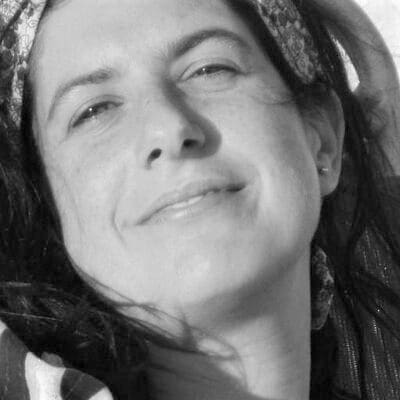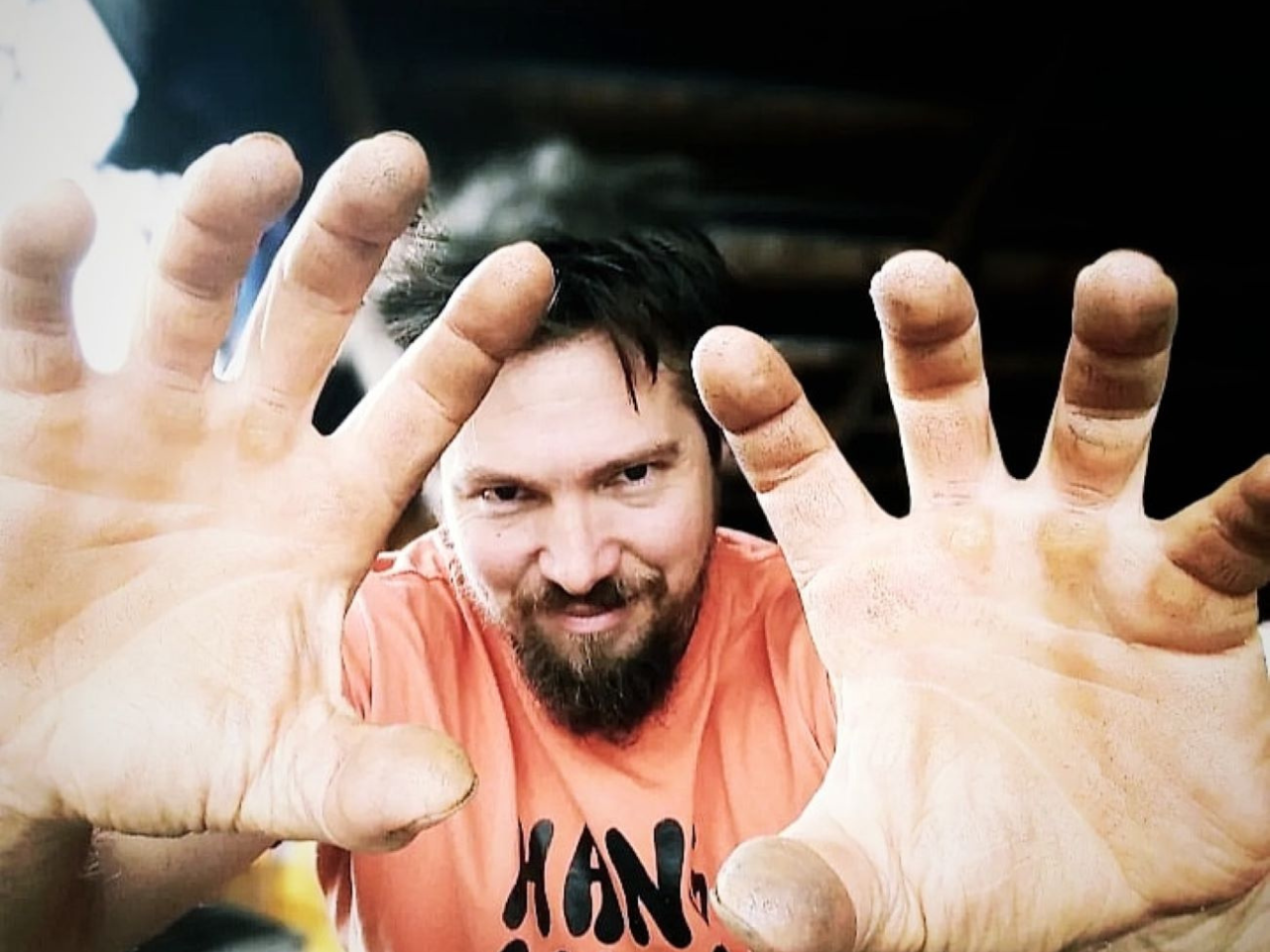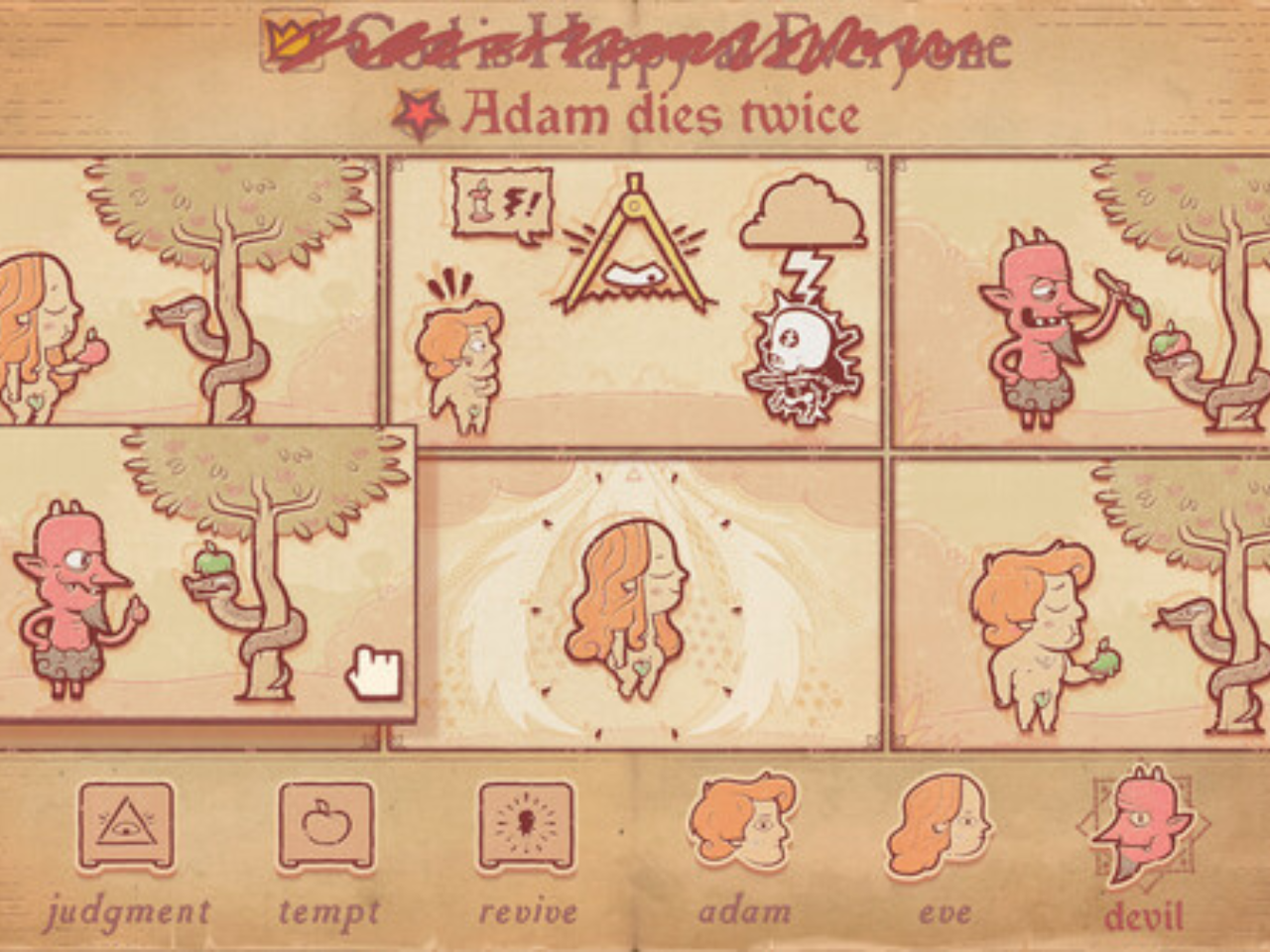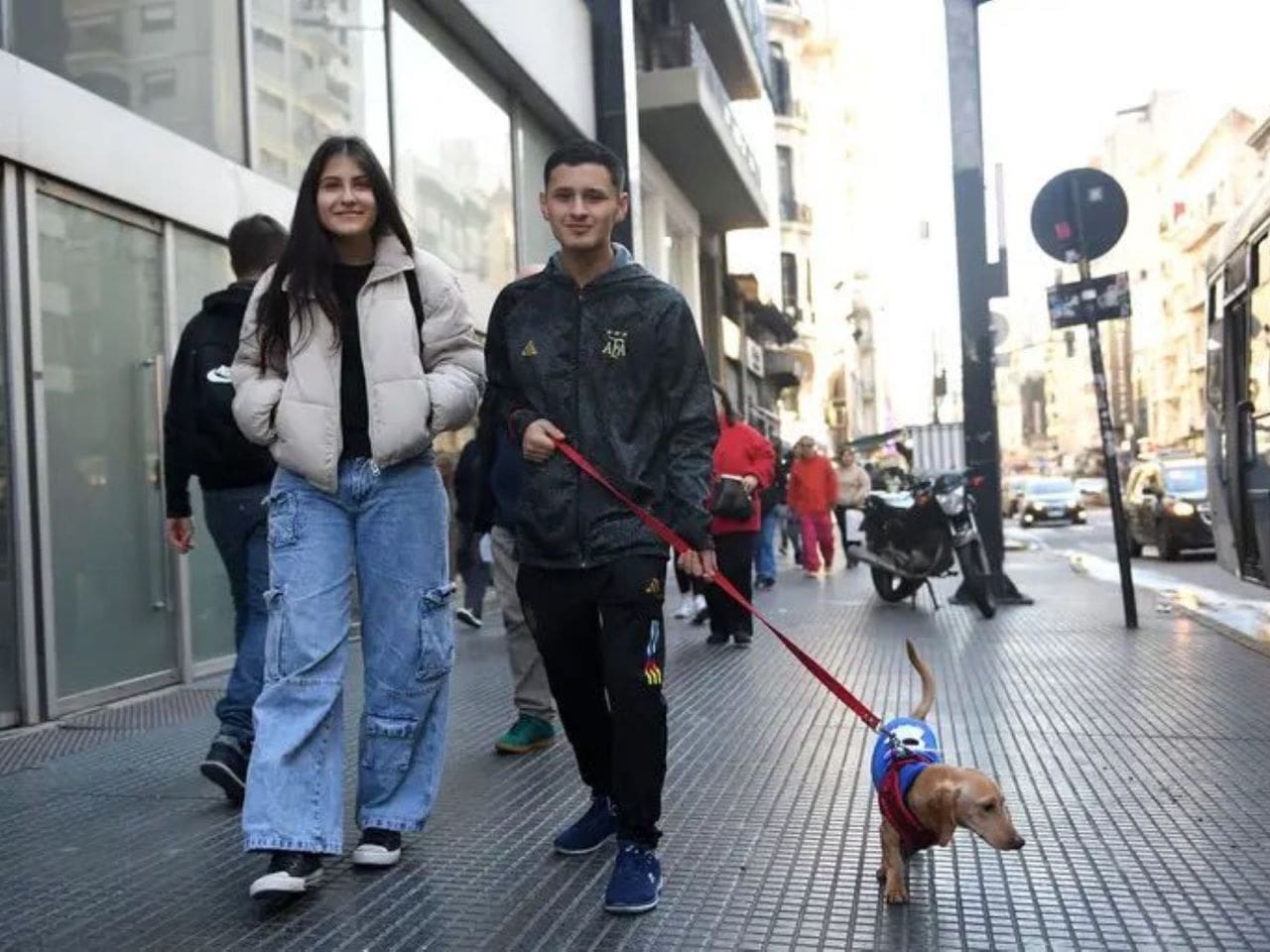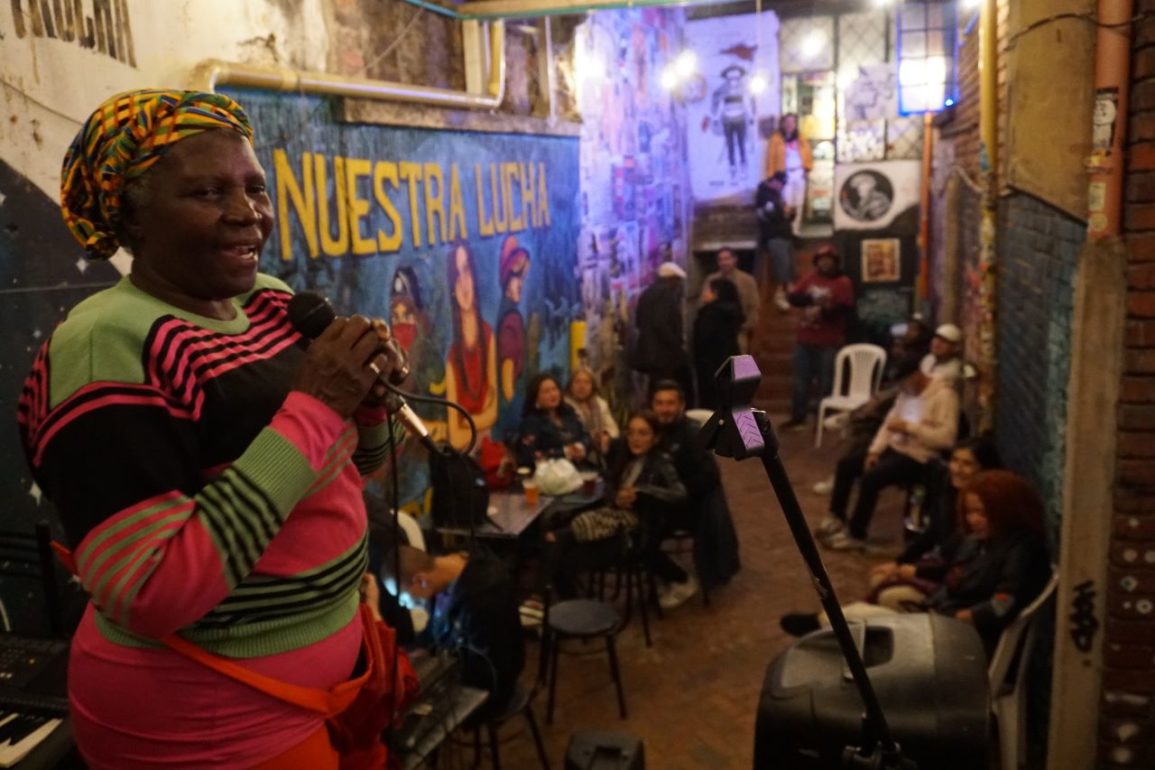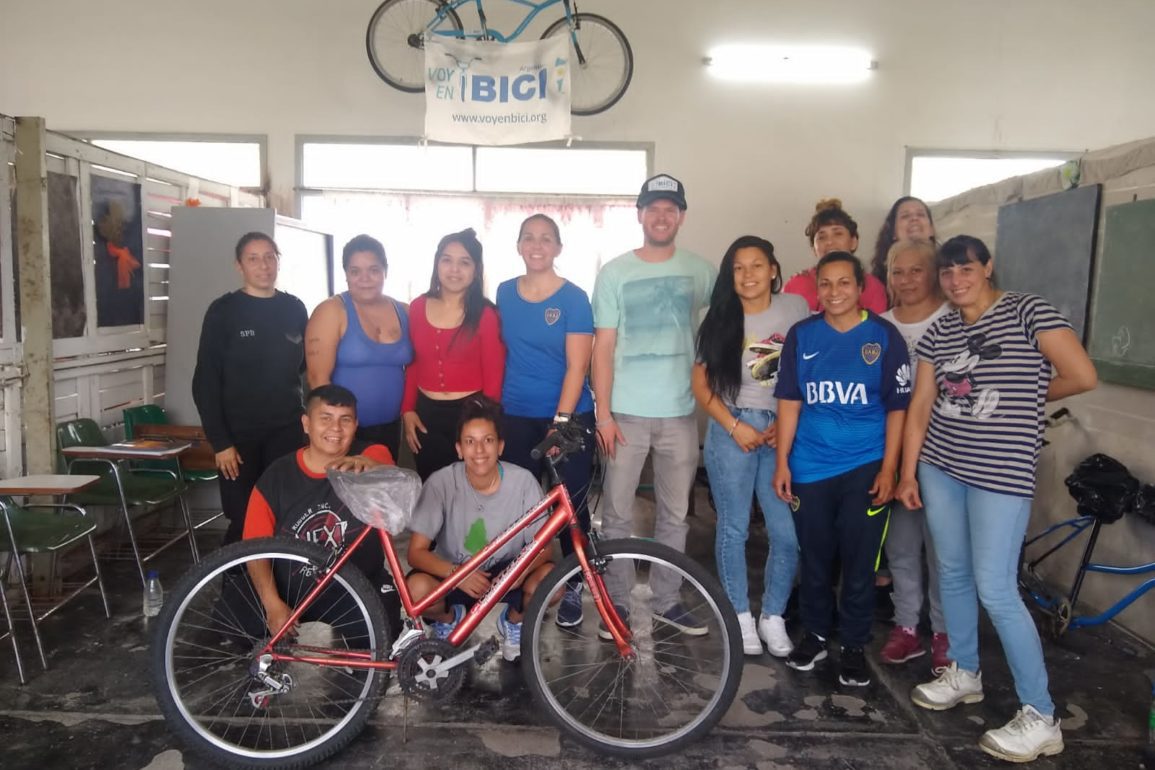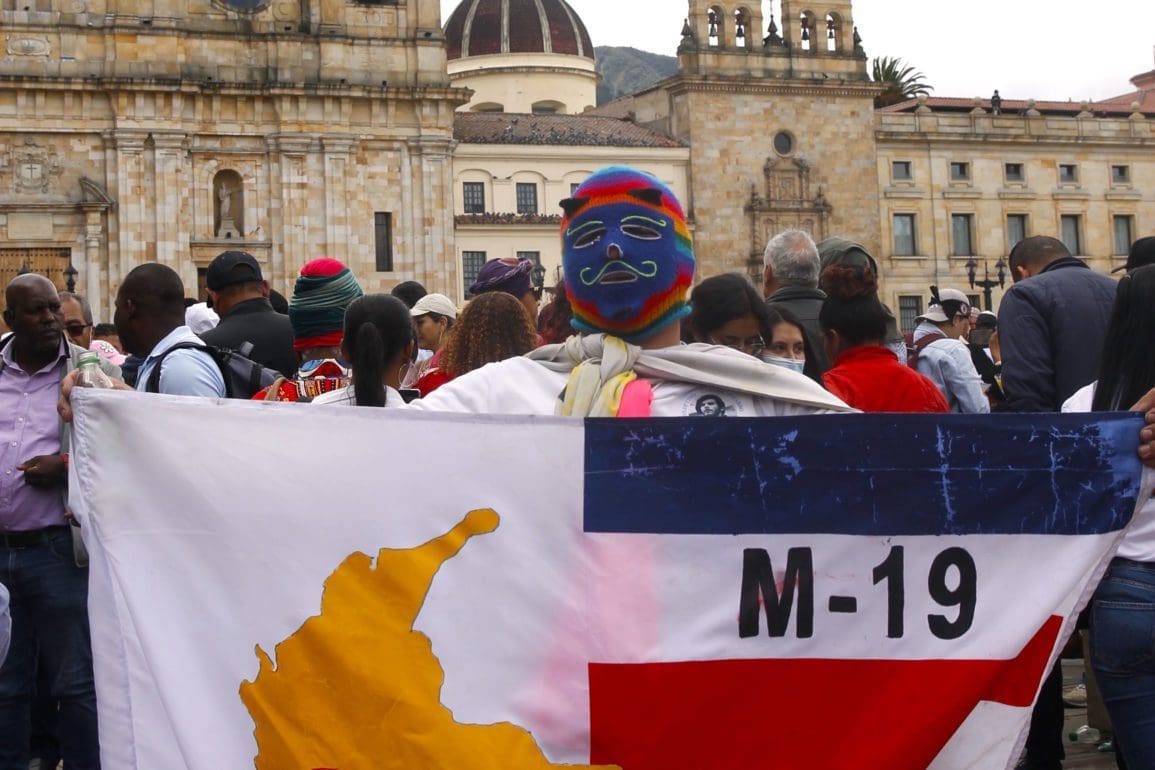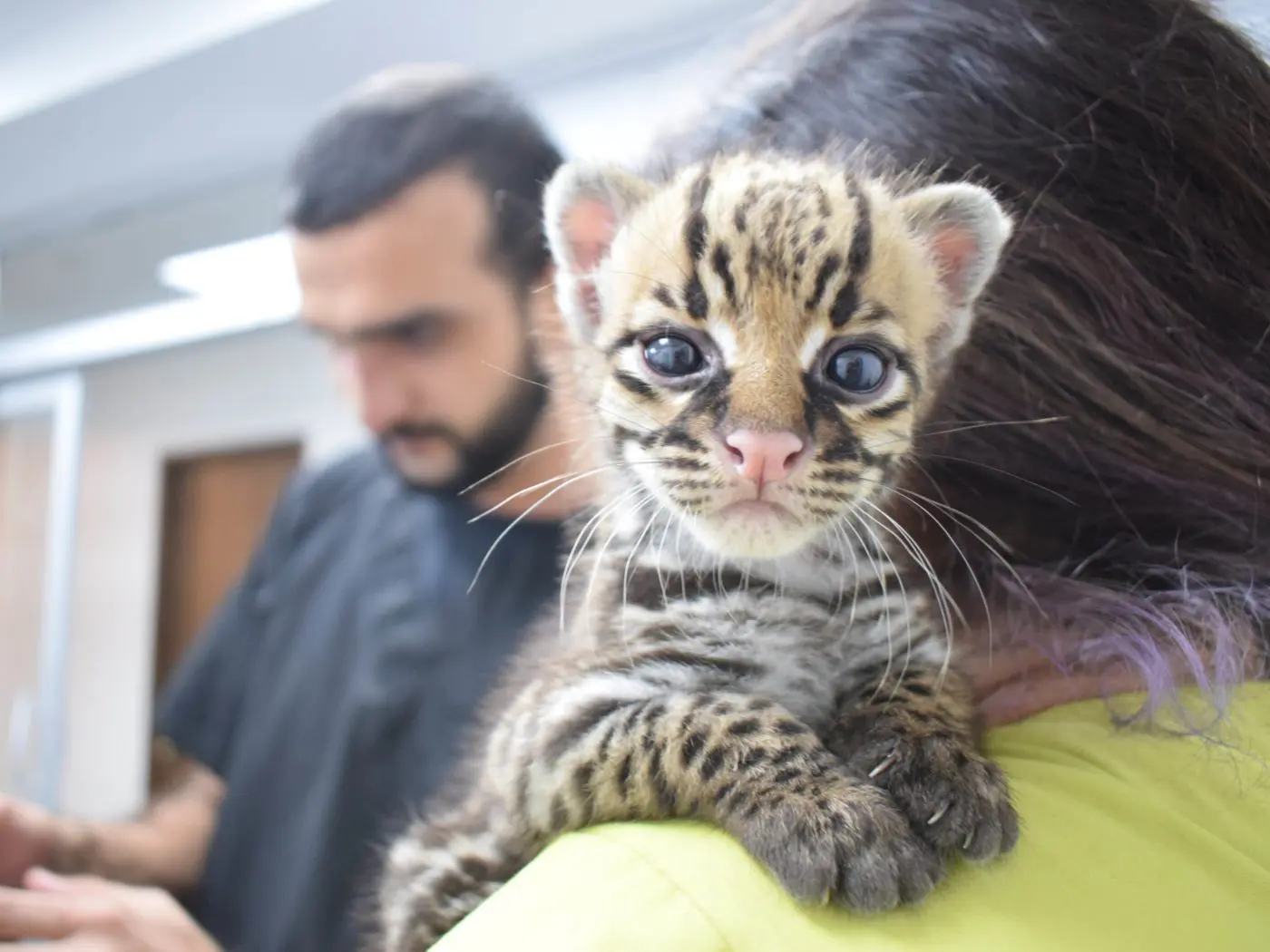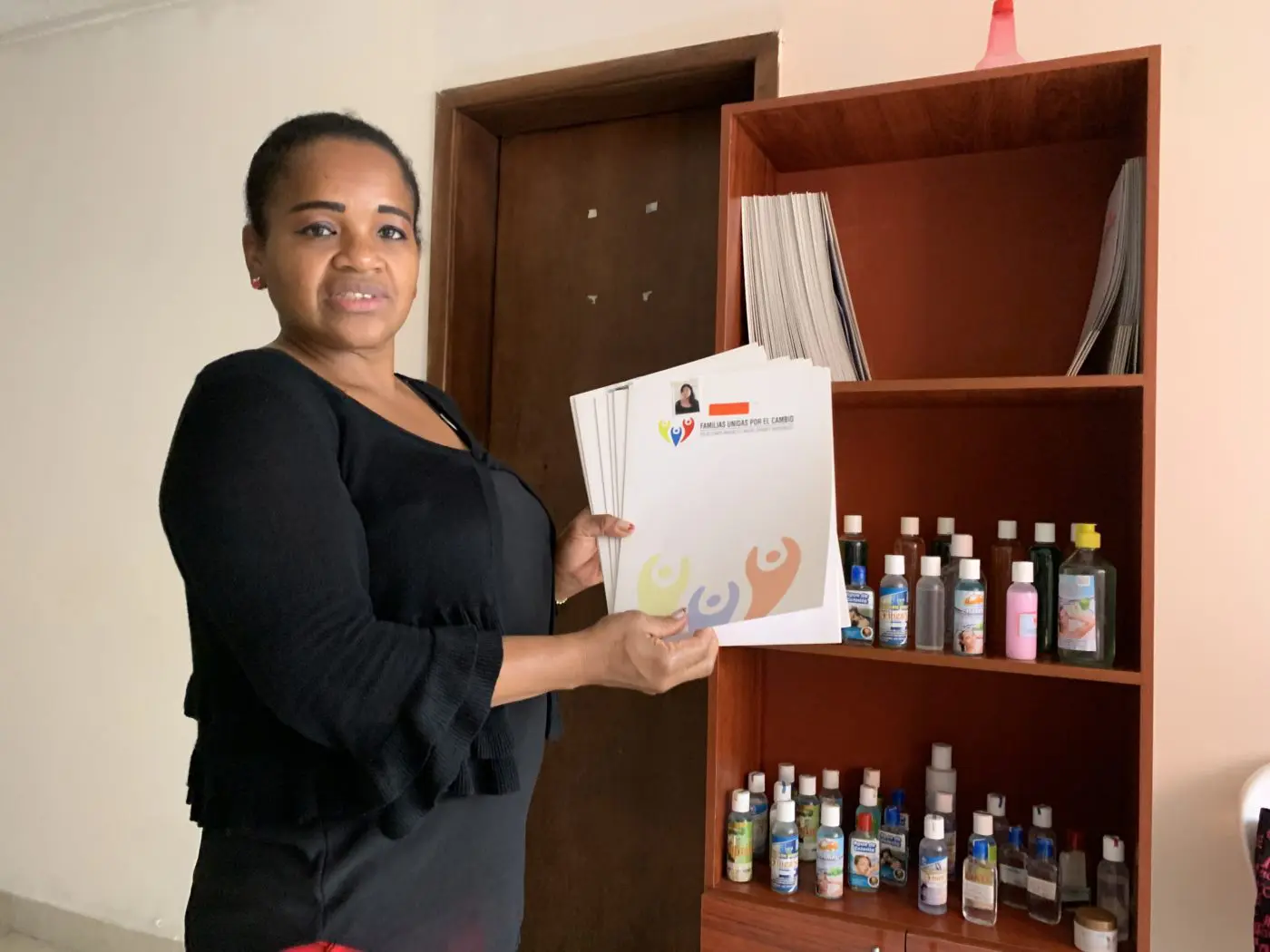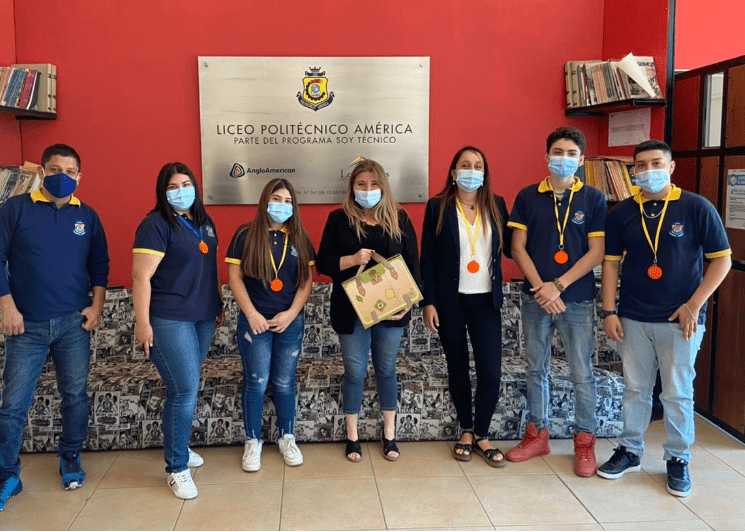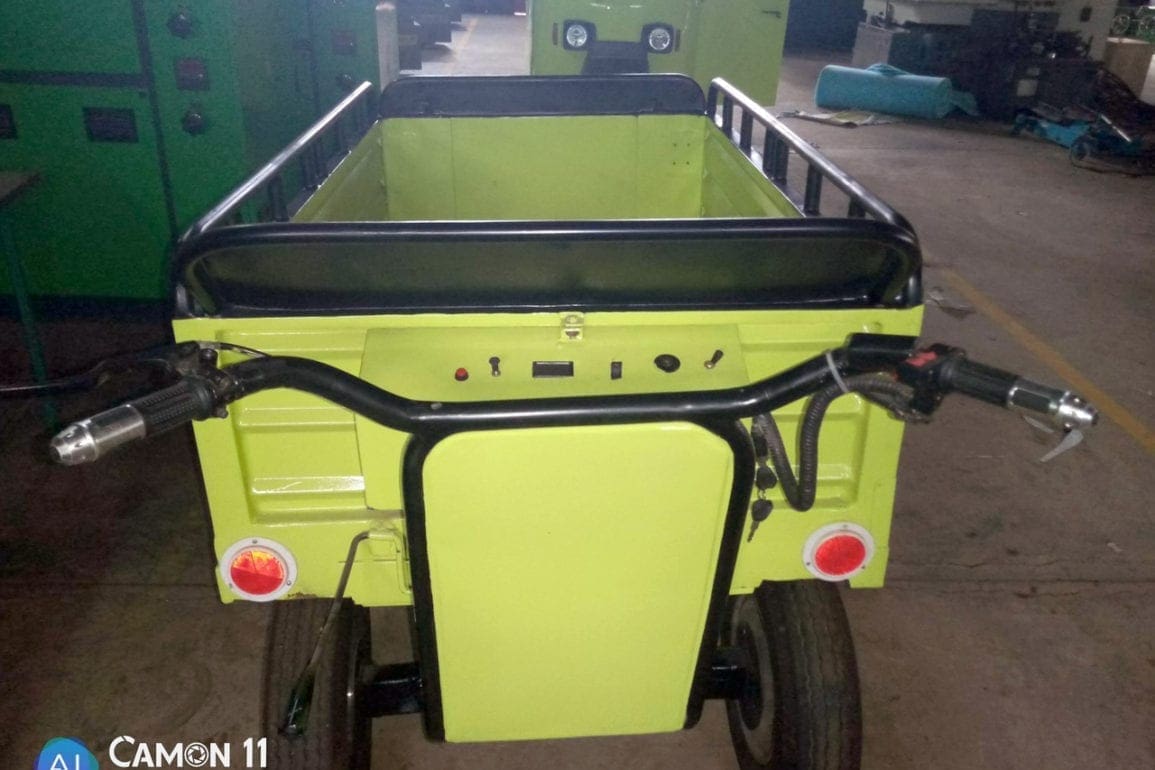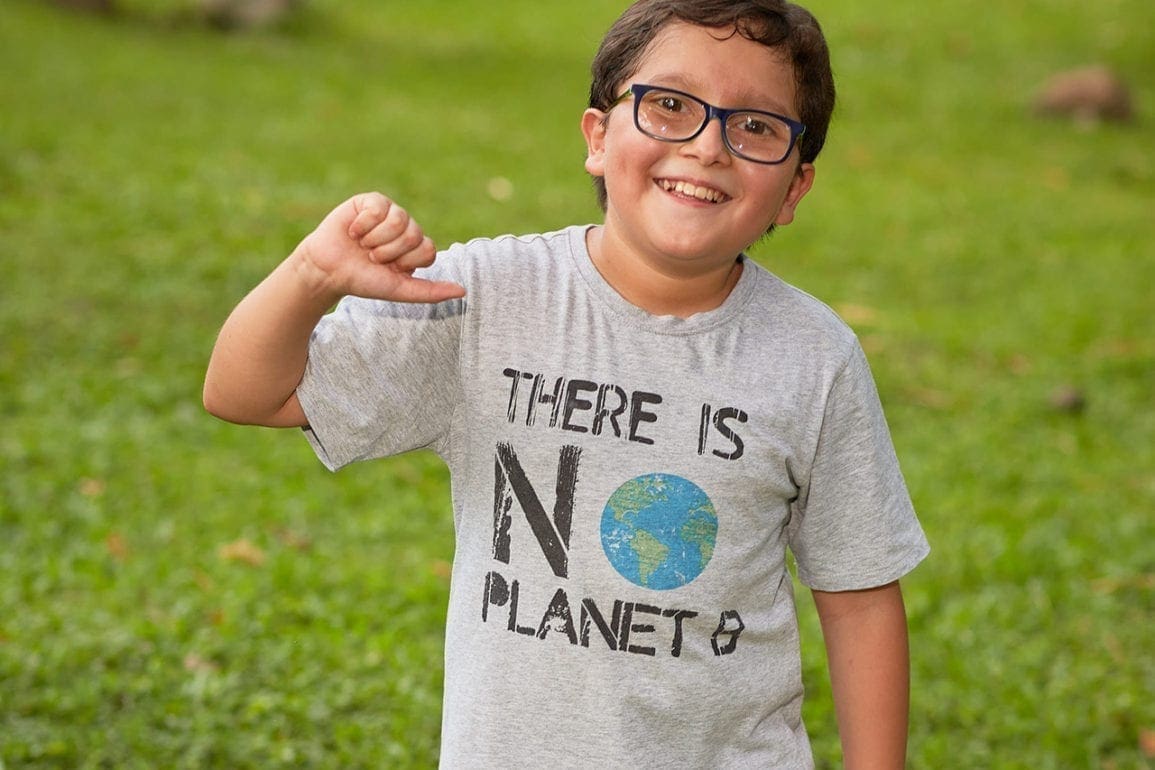Agricultural engineer gives up city life to return to her indigenous roots and cultivate ancestral seeds
Samiri Farm and the ancestral Cañahua crops made me a strong warrior woman. In Bolivia, especially in rural areas, machismo reigns. Society expects women to cook, clean, and be good wives and daughters. Early in life, I did not trust myself… Today, I recognize myself as a powerful Bolivian Quechua woman with proud roots who unearthed her own capabilities by breaking sexist stereotypes.
- 6 months ago
January 31, 2024
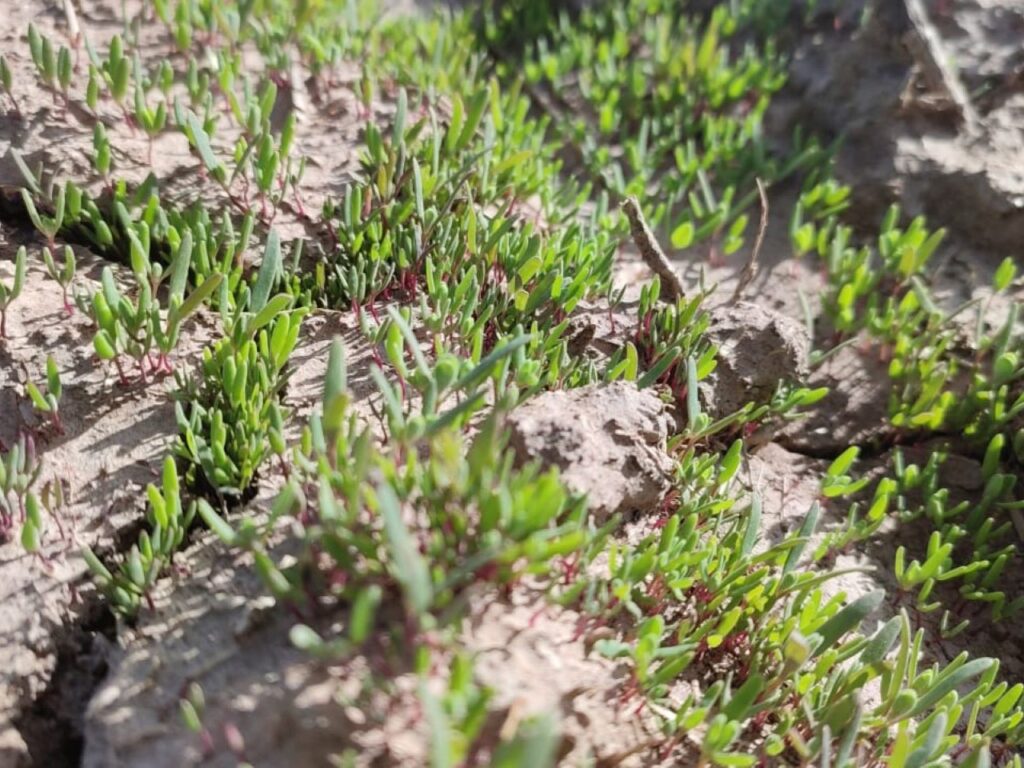
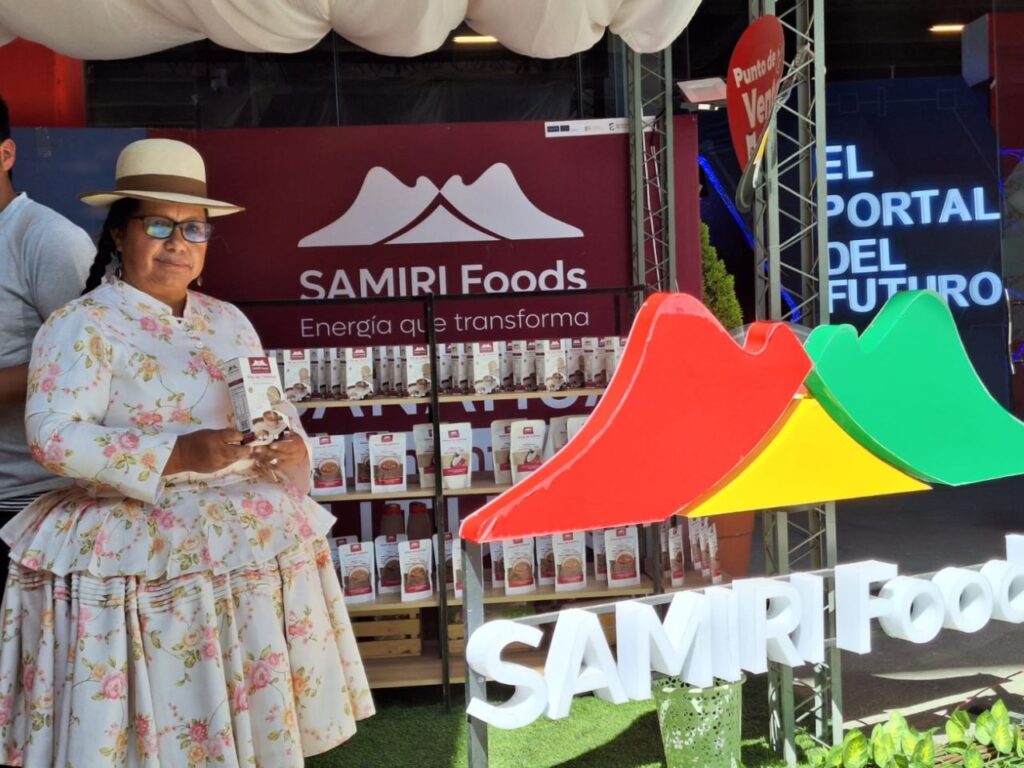
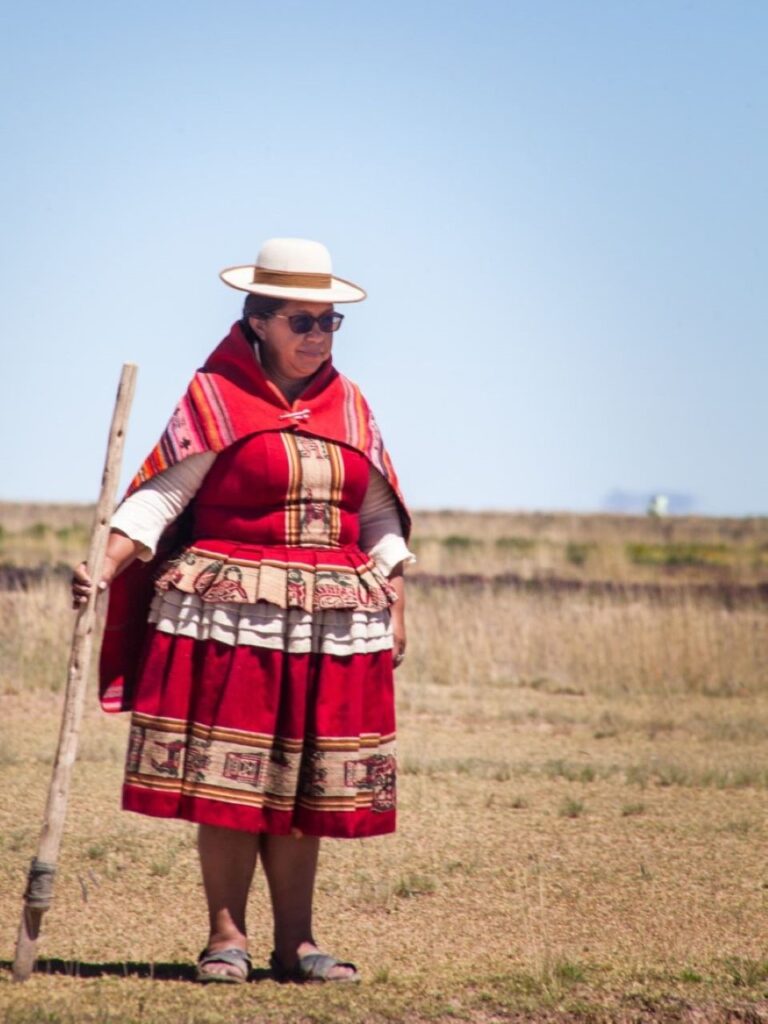
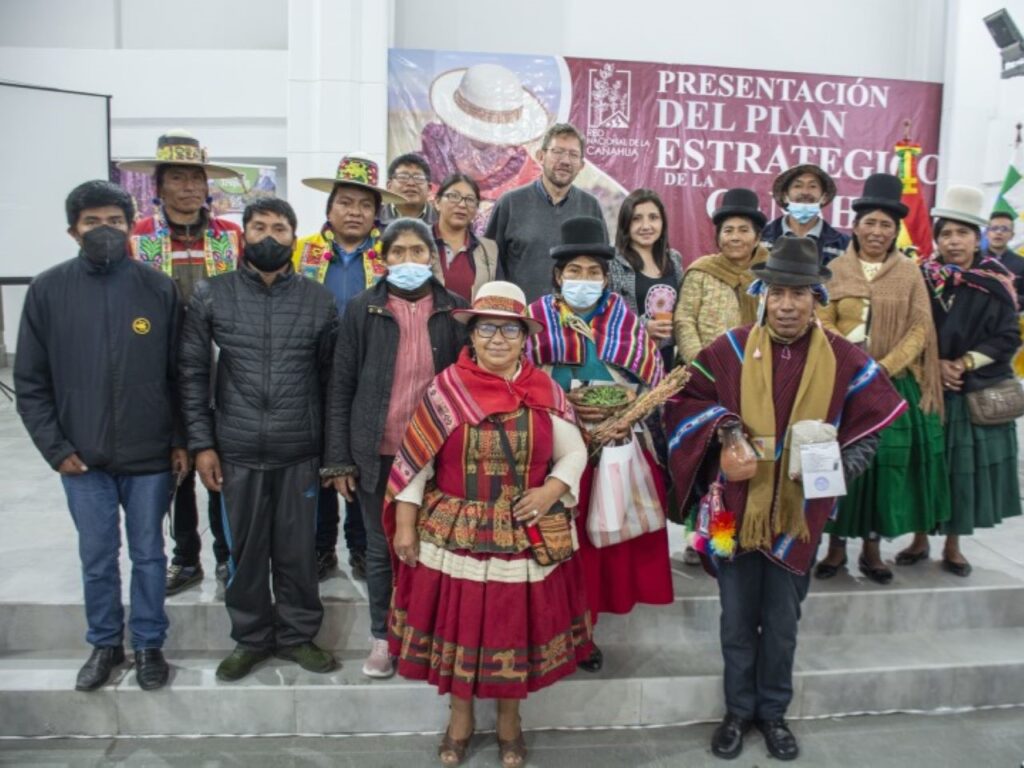
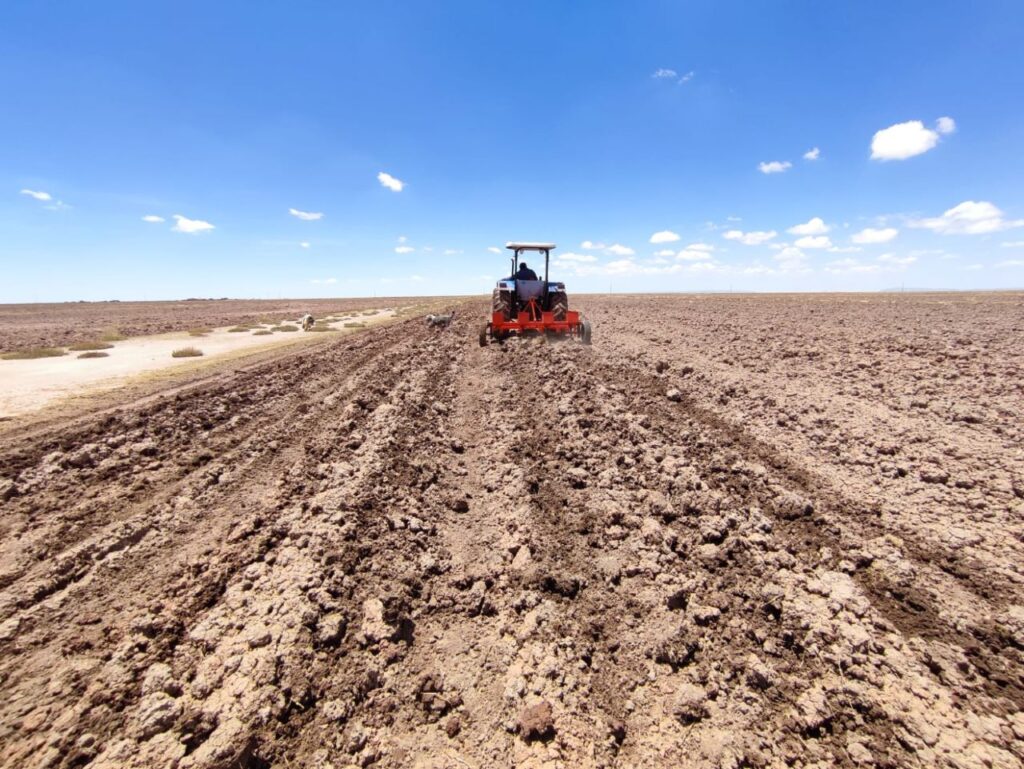
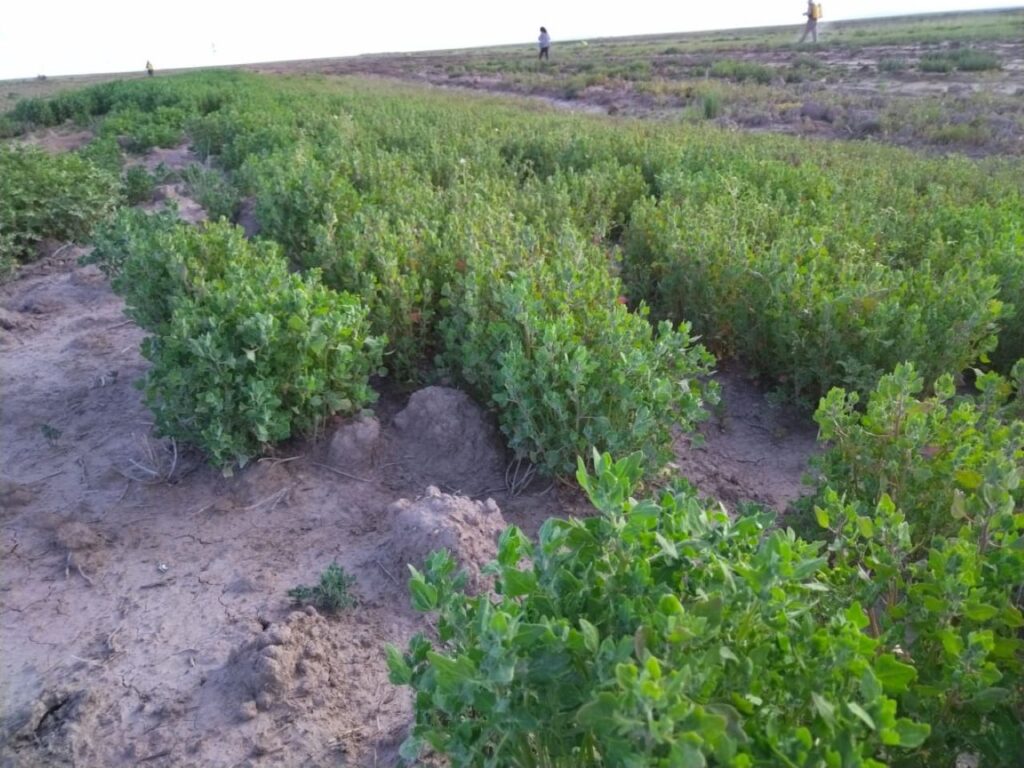
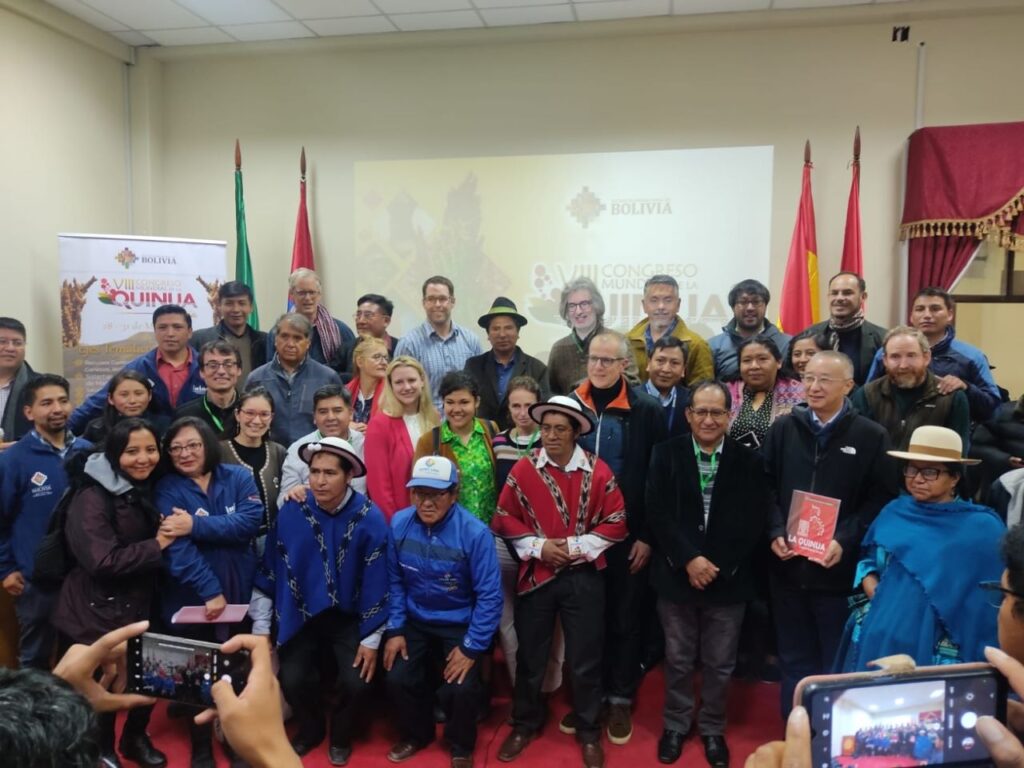
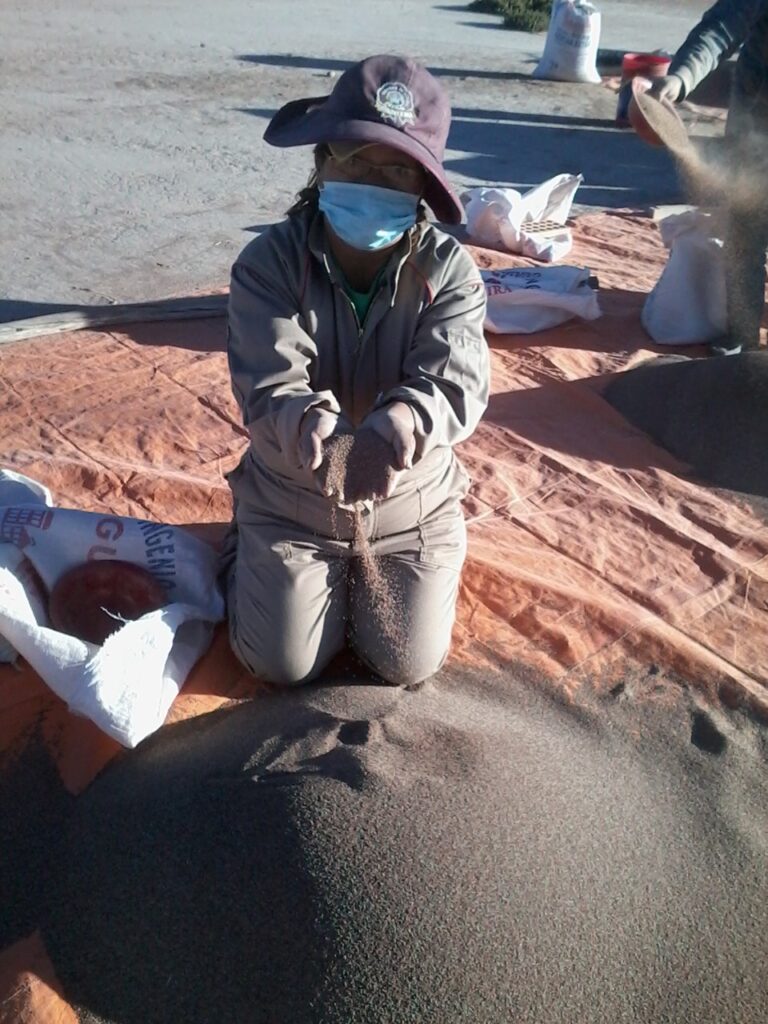
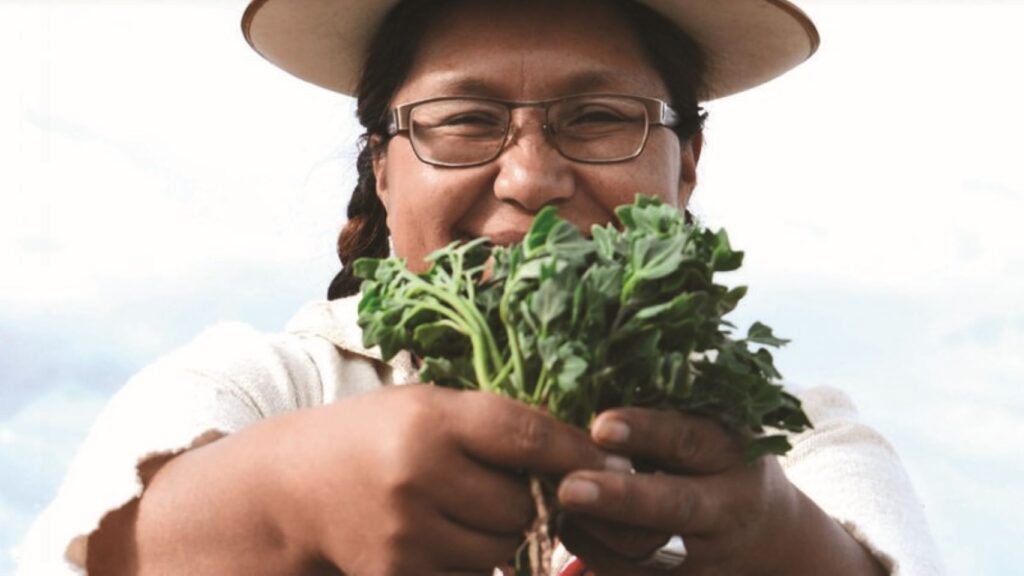
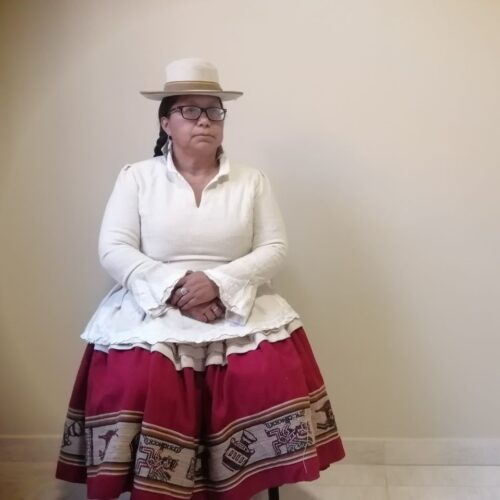
TOLDEDO, Bolivia ꟷ During an intimate moment with my father-in-law – a man wise about nature – I discovered the best version of myself and committed to being a guardian of the seeds of my ancestors. Standing together, he placed the small, fragile Cañahua seeds in my hand. [Cañahua is a species of goosefoot like quinoa and is native to the Andean region. It has been farmed there for millennia.]
He gazed at me with that distinct look in his eyes as if he knew the secrets of Mother Earth; eyes that predicted weather just by seeing the sky and clouds, and listening to the whistling wind. Standing there as the peaceful sun warmed my body – just a tiny speck in the cosmos – I felt those seeds in my hand, and it felt like grasping the universe. A strong energy consumed me and transformed me in that very moment. I began to write a new chapter in my life.
Read more stories from indigenous communities from around the globe at Orato World Media.
From the concrete jungle to the vast Bolivian farmland: family gives up convenience to live free
From a family of Bolivian farmers, I grew up in the country, in the highland community of Chaupi Molino. Amongst adverse conditions including hot days, cold nights, and strong winds, we grew potatoes. At the foot of the hill, we opened the hard ground with a shovel to deliver seeds into the earth. My father dreamed in that place, looking up at the immense sky where the clouds drew shapes and told stories. During times of economic crisis, he worked in the mines, but as often as possible, he escaped to the hills.
At 18 years old, I left home to study agricultural engineering, met my husband in the city, had four children, and began working in public service and as a consultant. From that office job in a concrete jungle, I escaped every weekend to my in-law’s farmland where I felt whole. As a wedding present they gifted us some property, and by 45 years old, a thought began to repeat in my mind: “We can work that land!”
I needed to breathe and feel alive again, to rediscover my roots. My family agreed, so we decided to build a home in Toledo and start from scratch. The first time I ever entered those lands, I began to see with my heart into the eyes of the earth. With no other means of transport there, my husband and I pedaled hard on bicycles. I felt the wind hitting my cheeks as the cold woke me up and made me feel alive. I fell in love with the captivating peace in that place.
Samiri becomes first commercialized Cañahua farm in Bolivia where wild creatures live in harmony with humans
Equipped with my knowledge as an agricultural engineer, I sought to rescue ancestral wisdom so before planting, we performed a ceremony asking Mother Earth for permission to plant the crops and deliver the rain and temperatures necessary for them to grow. We set a 10-year goal to become the first producers to commercialize organic Cañahua in Bolivia. As we cultivated more and more plots, we invested strategically to make our dream come true. This marked the birth of Samiri Farm.
In this wonderous ecosystem, I discovered a new world. Living in harmony with nature, we strive not to kill any living thing. Each creature makes an important contribution. Early on, the birds and especially the wild ostriches fed on our seeds. I viewed them as a problem, instructing staff to chase them away. One day, as I ran toward them waving my arms, my father-in-law looked astonished and called me back.
“What are you doing,” he asked. “The intruder here is you. We took the place where they eat. You must talk to and teach them. In the middle of the Cañahua plots, you must plant alfalfa, designated exclusively for the birds. Show them where they can feed.”
It seemed crazy, but I did what he proposed. I planted alfalfa between the plots and there, in front of the imposing birds, I showed them what to eat. Little by little, I lowered the pitch of my voice and became more leisurely, until the birds and I became equals. In three weeks, they began to enter the plots and turn to the alfalfa. I felt stunned, laughing with happiness at the outcome.
Today, walking the farm, the birds look serene, enjoying the environment without feeling threatened. In their wild state, our coexistence becomes magical. It turns the landscape into something majestic – a small world within this immense universe.
These tiny ancestral seeds taught me to believe in myself and serve as an example for the women of the highlands
Samiri Farm and the ancestral Cañahua crops made me a strong warrior woman. In Bolivia, especially in rural areas, machismo reigns. Society expects women to cook, clean, and be good wives and daughters. Early in life, I did not trust myself. I often looked to my husband to endorse my decisions. I felt afraid that if I neglected my duties, my marriage might fail.
Today, I recognize myself as a powerful Bolivian Quechua woman with proud roots who unearthed her own capabilities by breaking sexist stereotypes. In a place where people think women cannot lead a company, I showed that we can, while being happy and fulfilled women. Today, people look to me as an expert on the ancient Andean crop of Cañahua – which I cultivate organically through the ancestral knowledge of the old indigenous villages.
It has not been without challenge. My husband died of COVID and the loss caused me great pain, but I got up every morning, opened the window, and drew strength from the earth. In time, that strength returned to my body with force. Today, I sit at negotiating tables and debate with men as equals as the embodiment of a dream. Samiri Farm has reached a national market and we dream of exports.
Watching the tiny Cañahua seed overcome adversity, never giving up, taught me to love and believe in myself. It reunited me with my little girl inside, standing with her father at the foot of the hills in the highlands, asking Mother Earth to put the seeds in her heart so they will grow.
I hope my struggle and success serves as an example to the highland communities that women – once subjugated – can become the main characters in their own lives.
